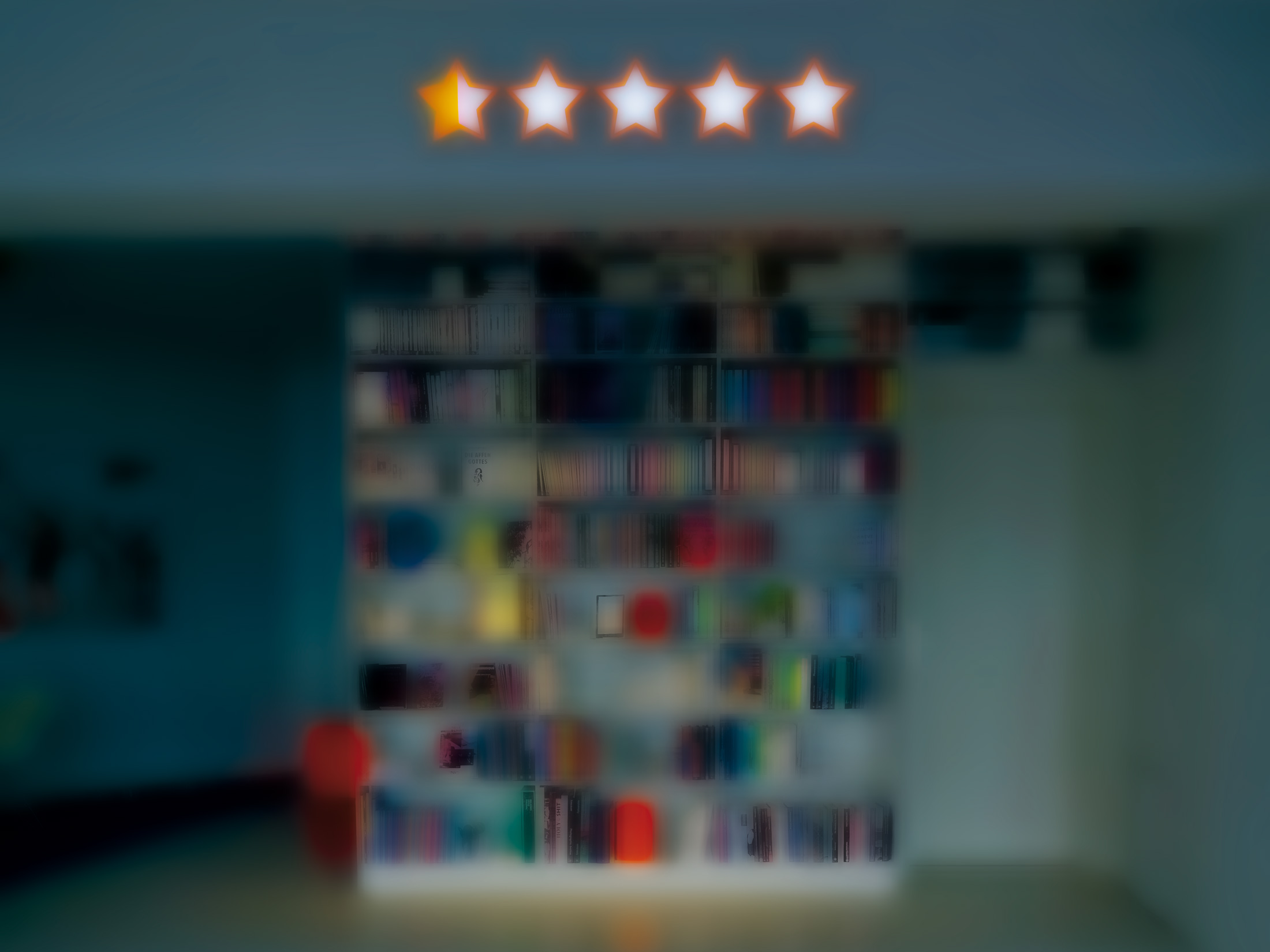Sprache
Typ
- Buch (6)
- Wissenschaftlicher Artikel (2)
- Interview (0)
- Video (0)
- Audio (0)
- Veranstaltung (0)
- Autoreninfo (0)
Zugang
Format
Kategorien
Zeitlich
Geographisch
Nutzerkonto
Artikel
Grund, Haut und Estrich in fachthematischen Schriften des 16. Jahrhunderts
Christina Lechtermann
Die Oberflächen der konstruktiven Geometrie
Artikel
Zur Psychophysik der Phantasie bei Wilhelm Dilthey und Wilhelm Scherer
Hans-Christian von Herrmann
Sinnliche Gewissheit
-
DENKT KUNST? DENKT KUNST!
Denkt Kunst! Das bedeutet, sie zuallererst angemessen denken zu lernen – das heißt, in Begriffen und Argumenten zu fassen, was sich vorderhand nicht in Form von Begriffen, sondern in Wahrnehmungsgestalten, Figuren, Klängen, Rhythmen und Konstellationen artikuliert. Denkt Kunst? Denkt Kunst!
-
Halluzinatorische Chroniken New Yorks
Reportagen, Fiktionen, Wirklichkeiten der Hauptstadt des 20. Jahrhunderts
-
minima oeconomica
Analysen und Kritik moderner Ökonomie, deren Wissenschaft und Legitmation im Zeitalter der Finanzialisierung
Jean-Luc Nancy
Des zétrangers des zah des zuh
Etrange extraneus du dehors pas du dedans (intraneus) pas de la maison unheimlich pas du heim pas du foyer de l’autre côté des portes – fores, foreigner pas dans le rythme en trop, odd pas régulier pas ordinaire rare singulier seltsam bizarre besherat vaillant élégant fantasque tordu verschroben de travers surprenant extraordinaire étonnant
C’est étonnant comme nous sommes riches en mots formes façons pour tourner autour de l’étrange étranger de l’ausländer hors du pays pas « pays avec nous » comme on disait jadis en France « c’est un pays à moi » pour dire quelqu’un de mon village de mon coin ma province mon bled
Riches à profusion pour tout ce qui n’est pas proche et propre, approprié, convenant, mitmenschlich ce qui ne fait pas mitdasein
Parce qu’on présuppose que mit avec with est consistant, plein, solide et solidaire et ce qui est without avecsans mitohne avec hors ou hors d’avec la proximité
Mais avec même proche exige...
DIAPHANES Magazine No. 11
Chantal Akerman
Meine Mutter lacht
Maria Filomena Molder
So many egoists call themselves artists…
“So many egoists call themselves artists,” Rimbaud wrote to Paul Demeny on May 15, 1871. Even though that is not always obvious, ‘I’, the first person, is the most unknown person, a mystery that is constantly moving towards the other two, the second and third persons, a series of unfoldings and smatterings that eventually gelled as ‘Je est un autre’. That is why ‘apocryphal’ is a literarily irrelevant concept and ‘pseudo’ a symptom, the very proof that life, writing, is made up of echoes, which means that intrusions and thefts (Borges also discusses them) will always be the daily bread of those who write.
Words from others, words taken out of place and mutilated: here are the alms of time, that squanderer’s sole kindness. And so many others, mostly others who wrote, and many other pages, all of them apocryphal, all of them echoes, reflections. All this flows together into—two centuries...
ACCESS DE
Dieter Mersch
Digital Criticism
Dieter Mersch
Digital Criticism
ACCESS DE
